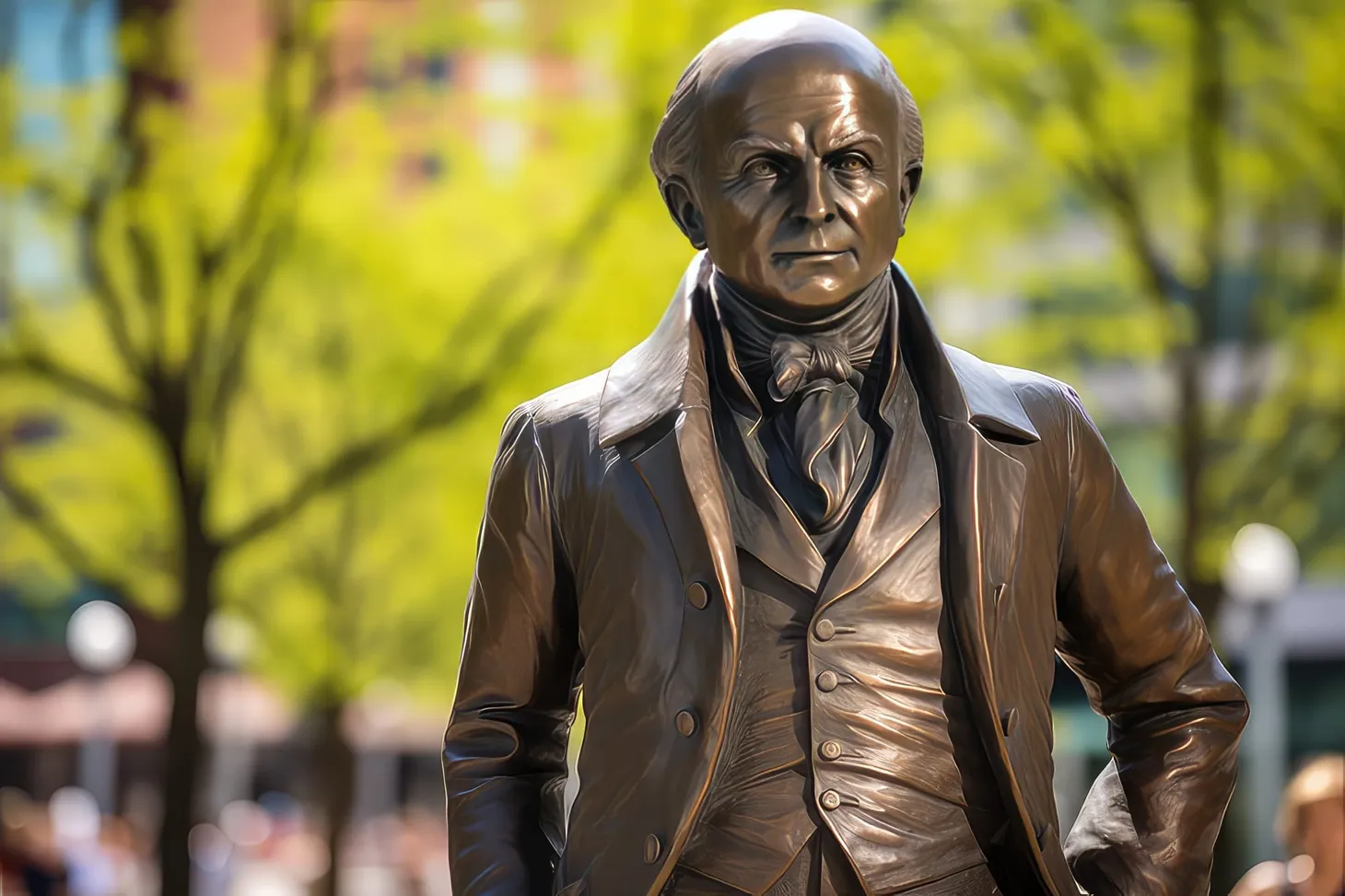Developing Leadership Skills for Innovation: The Questions Strong Leaders Ask
Becoming an effective innovation leader is about more than just understanding the principles of leadership. If you’re trying to improve your innovation leadership skills, there are several questions you can ask yourself to see where you stand and how you are impacting your organization. Question #1:

Becoming an effective innovation leader is about more than just understanding the principles of leadership. If you're trying to improve your innovation leadership skills, there are several questions you can ask yourself to see where you stand and how you are impacting your organization.
Question #1: Am I involved at the ground level with my team?
The best leaders are the ones who ask nothing of their team that they're unwilling to do themselves. If there's a crisis to deal with, they dive in and help deal with it. They don’t just get progress reports from managers; they talk directly with the team members on the front lines.
Effective innovation leaders don't simply delegate, though they're certainly good at that. They are involved in important decisions and strategy sessions in order to keep a finger on the pulse of their organization and contribute to its success meaningfully.
Question #2: Do I protect my organization's innovation resources?
Innovation is not a simple or inexpensive process. Most times, it involves the allocation of substantial resources that could be used elsewhere. Your employees could spend their time on other things, working on projects that have already been approved. Money could also be spent on raises or new equipment.
Sure, your funding for innovation could be siphoned away and devoted to other areas. But creating change requires taking some chances with those resources.
It is also key to keep in mind that mistakes and failures will happen along the way. You and your employees might not always have that great idea the first time. Trial, failure, and improvement eventually bring about incredible innovations.
You should give your team that freedom by encouraging experimentation and applauding the effort, not discouraging them by stressing that every idea needs to be perfect.
Question #3: Have I clearly laid out my goals?
The first step in any innovation process is defining your goals. What do you hope will happen throughout this process? What is the driving need or motivation behind the changes you're hoping to make in your organization?
Next, you must share that definition with your innovation team and ensure that everyone agrees. Your team needs you to stay at the helm, carefully directing them throughout the innovation process. That means ensuring that your goals are clear and that everyone understands them. Be available to answer questions your team might have.
Question #4: Am I encouraging teamwork throughout my organization?
Organizational leaders are the ones who determine the success or failure of any team. They can either bring a team together, or they can cause it to fail. If you aren't working with the innovators to build an environment of teamwork, you are dooming your process to failure before it even starts.
Question #5: How's my leadership attitude?
For innovation, a positive attitude is everything. Leaders who are negative drag the entire team down, and creative energy cannot thrive in a negative environment. A pessimistic leader or one who emphasizes ruthless competition and criticism will have more fearful employees than creative ones.
Your willingness to delegate, to work cheerfully with the team, and your ability to buoy everyone around you when you're getting down are all traits of an effective leader. The difference between failure and success may be as simple as a positive word when it's needed most.
Question #6: Do I understand my team members' strengths?
When you're working with an innovation team, it's critical to know where your team members are strongest. Do you have an employee who is great at coming up with ideas, but poor in execution? Is there a team member who is fantastic at forecasting problems before they occur, or one who is excellent at coming up with the solutions to those problems? Put people where they will be the most helpful, so you can get the most out of your team and eliminate frustration.
Your team members are your most important resources. When you understand how the members of your team fit together, you can guide them more effectively—not to mention better understand how to make each member of the team feel valued for their contributions to the innovation process.
Question #7: How much confidence do I have in my leadership skills and my team members?
If you're working with a group of people you don't believe in, it shows! You can have the best creative team in your industry, but if you don't believe in one another and possess the ability to work together confidently, you won't see nearly the success that you would if you could trust one another. Trust-building takes time, but it's a process that can lead to some serious results if you will put in the work.
Developing Leadership Skills
As a leader in your company, you are one of the primary forces shaping the success or failure of the innovation process. Learning to further your leadership skills and develop a more effective style can make all the difference in your organization's accomplishments.
The questions above are only one of the many tools you can use to enhance your innovation leadership skills.
Looking for more ways to enhance your success as a leader, or have more ideas about how leadership can encourage innovation? I would suggest you check out Techtrend, an innovation agency with the experience and expertise.
Phil McKinney Newsletter
Join the newsletter to receive the latest updates in your inbox.




